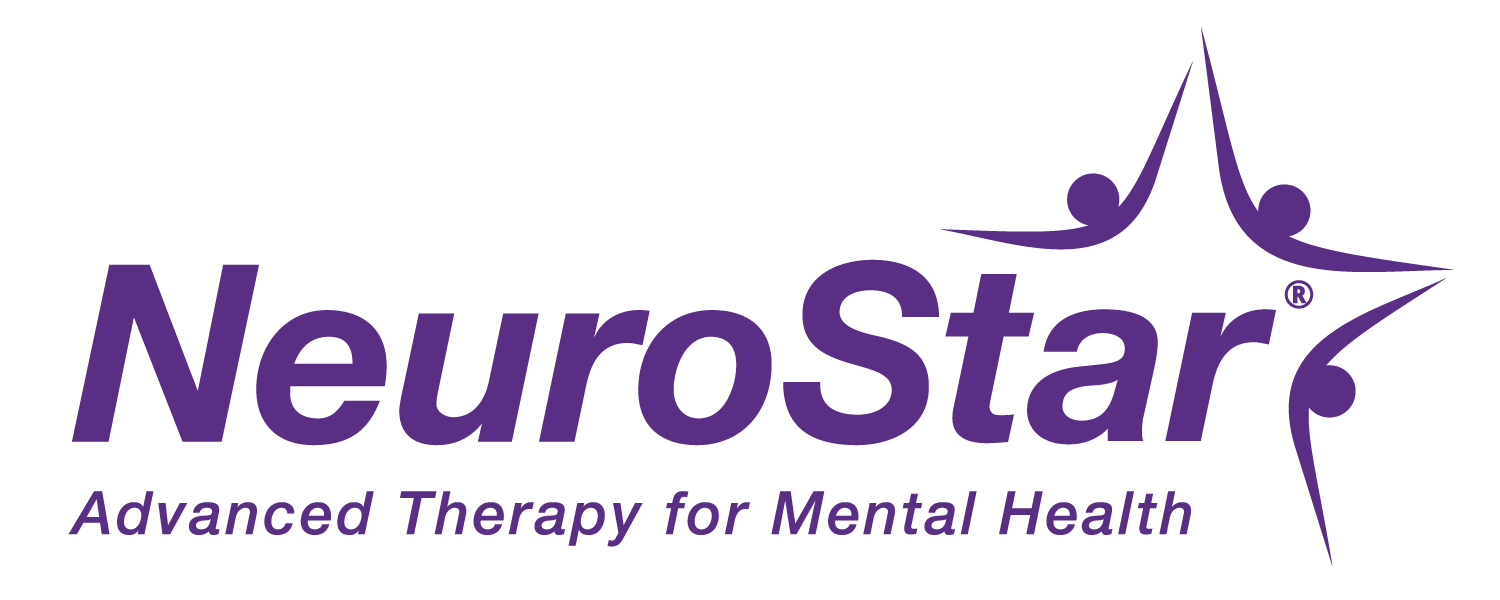Addressing Concerns and Debunking Myths of TMS Therapy
Addressing Concerns and Debunking Myths of TMS Therapy Transcranial magnetic stimulation, or TMS, is a cutting-edge therapy making waves in the world of mental health. As more and more people seek treatments for depression, anxiety, and other mental health issues, TMS therapy is becoming npp steroids a promising alternative. However, despite its growing success, TMS […]

